Last month’s meeting of the Joint Committee on Agriculture and the Marine laid bare the disastrous forestry licence system. This has resulted in the collapse of annual afforestation from an average of 12,000 hectares in the early 2000s to an estimated 2,300 hectares this year.
In addition, private felling licences have been reduced to a trickle while Coillte has “only 16% of its timber licensed and available for next year”, as pointed out to the committee by the company’s CEO, Imelda Hurley.
It has since been revealed by the Department of Agriculture to the IFA that there are 4,500 forestry application licences in the system awaiting approval.
As the sector lurches from crisis to crisis, two strategic policy changes are urgently required:
the introduction of a single licence system;
the establishment of an independent State agency to promote forestry.
Single licences
Forestry is the only land use that requires repeated licences throughout a crop rotation. This was highlighted in last year’s Mackinnon review of Irish forestry, commissioned by the Department. Currently, a licence is required for afforestation which requires sites to adhere to strict water quality, landscape, archaeological and ecological conditions. This licence, which may take years to be granted, should be a licence to sustainably manage the forest. Instead, repeated licences are required for thinning and forest road construction.
All these are subject to appeals, which, if successful, can prevent or delay forest owners gaining access to and harvesting their crops. It is clear from the collapse of the afforestation programme that farmers in particular are not prepared to subject themselves to this repeated, time-consuming, costly and uncertain process.
Forestry is the only natural resource in Ireland that does not have the support of an independent State development agency
Mackinnon understood this and proposed a review of forestry legislation to “consider the introduction of a single consent, covering planting, road construction, management and felling”. This makes absolute sense if the Government’s annual 8,000ha planting programme is to be achieved.
To her credit, Minister of State Pippa Hackett has appointed Jo O’Hara to advise her on the implementation of the Mackinnon review. O’Hara, as CEO of the Scottish Forestry Commission, was instrumental in carrying out Mackinnon’s recommendations for forestry in Scotland, which resulted in annual afforestation increasing from 4,600ha in 2016 to 11,200ha in 2018. There are lessons to be learned from Scotland as its level of planting in 2016 was worse than Ireland’s.
Independent agency
The gradual deterioration of the forestry programme and last month’s Oireachtas committee meeting demonstrated the Department requires support and stakeholder input to develop and proactively promote a viable forestry industry in Ireland.
The establishment of an independent State development agency is now essential if Ireland aspires to achieve a viable multipurpose forestry and forest products sector that will have the buy-in of farmers in particular.
Forestry is the only natural resource in Ireland that does not have the support of such a body. Examples of similar agencies that work well with their parent departments and sectors include food (Bord Bia), sea fisheries (BIM), marine research (Marine Institute) and renewable energy (SEI).
The need for a development agency was accepted in 2014 in the Department’s own strategic plan: Forests, products and people. Ireland’s forest policy – a renewed vision. The plan included the recommendation “to set up a taskforce to consider the establishment of a standalone Government body or agency which could have the responsibility of addressing the developmental and promotional issues of the forest sector”.
There is now growing support for an independent agency to address forestry issues that affect farmers and other stakeholders. These include forestry and climate change, the replanting obligation and a return to a more geographically balanced and fairer planting programme that meets clearly defined economic, social and environmental objectives.
Michael Guilfoyle, former assistant secretary in the Department of Communications, said in 2018: “My experience of setting up similar organisations resulted in their hands-on, committed, innovative and supportive approach which was invaluable to the people and organisations in their sectors and to the department and the minister responsible for maximising the potential of their natural resources. Forestry would benefit greatly from the same approach.”
There is now growing support for an independent agency to promote a viable forestry programme that meets clearly defined economic, social and environmental objectives.

\ Jim Cogan
Agribusiness: time for the IFA to back itself
In this week's edition, we review the financial position of the Irish Farmers’ Association. Over the last four years, the organisation has accumulated losses of €5.2m. While clearly unsustainable, care needs to be taken on future strategy.
The requirement for radical action may not be as necessary as headline figures suggest. In fact, IFA treasurer Martin Stapleton has already overseen much of the heavy lifting.
Exceptional items linked to a legal settlement plus the costs of a staff retirement scheme account for a large proportion of the losses in recent years.
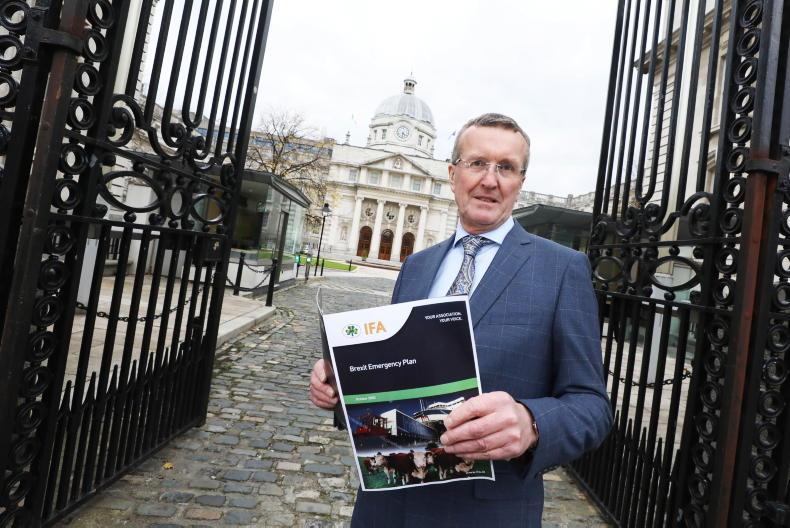
IFA president Tim Cullinan launching the three-step Brexit Emergency Plan.
In the years ahead, savings from the retirement scheme plus an increased membership fee should see the organisation break even before the dividend from IFA Telecom is included.
It is worth remembering that the IFA is a lobby organisation focused on advancing the interests of Irish farmers. While it needs to operate prudently, its focus is not to accumulate large profits.
Breakeven for an organisation with a substantial war chest is far from a crisis position. Therefore, the strategy to strengthen the IFA – and in particular rebuild farmer levies – should be long-term, measured and focused on ensuring the organisation has the capacity to deliver on current and future challenges.
Such are the range of challenges facing farmers that the IFA has never required a more diverse range of skills and talent within its executive team. The core competencies of economics, trade and market intelligence are – on their own – no longer adequate.
To deliver on the demands of the future, the IFA must be in a position to secure the best expertise with capacity to put forward coherent policies across a wide range of areas, including renewables, climate change mitigation strategies, carbon credit schemes, environmental legislation, water quality frameworks and even human nutrition.
Of course, future revenues must reflect the cost of securing and retaining this talent. Initially further investment may be required and, in the short term, cash reserves potentially reduced further. But farmers have shown in the past that they will back and support an IFA that they believe is delivering for them – both through membership and levies.
Convincing farmers of this is ultimately what will safeguard the long-term future of the organisation. Having recently secured a €100m EU beef fund plus a €50m COVID-19 fund, the organisation has a solid platform from which to build momentum.
Ultimately, the IFA now needs to back itself to be able to demonstrate its value to the 71,000 farm families it represents.
Trade: Commissioner needs to consider the impact of Farm to Fork
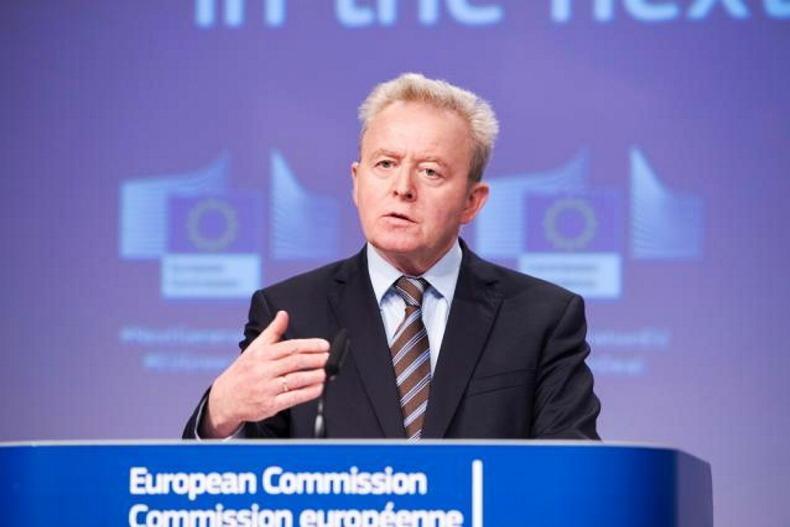
Janusz Wojciechowski, European Commissioner for Agriculture
Also this week, European Commissioner for Agriculture Janusz Wojciechowski explains how the EU’s Farm to Fork strategy can work for farmers. While an interesting commentary piece, farmers expect and deserve details; there is no reference to the impact the strategy will have on farm incomes.
We continue to rely on analysis from the US Department of Agriculture which shows the strategy would hit farm incomes by 16% if applied to the EU only and if applied globally would cause food insecurity for up to 185m people in Africa and Asia.
The IFA and the EU umbrella farm organisation, Copa Cogeca, have both exposed the fact that the only impact assessment has been carried out by a non-EU agency, a position that undermines credibility of the Commission. It comes amid serious concerns that control of the CAP is being ceded to EU vice-president Frans Timmermans.
The IFA put it bluntly this week by calling on Wojciechowski to “get back into the driving seat”.
Last month’s meeting of the Joint Committee on Agriculture and the Marine laid bare the disastrous forestry licence system. This has resulted in the collapse of annual afforestation from an average of 12,000 hectares in the early 2000s to an estimated 2,300 hectares this year.
In addition, private felling licences have been reduced to a trickle while Coillte has “only 16% of its timber licensed and available for next year”, as pointed out to the committee by the company’s CEO, Imelda Hurley.
It has since been revealed by the Department of Agriculture to the IFA that there are 4,500 forestry application licences in the system awaiting approval.
As the sector lurches from crisis to crisis, two strategic policy changes are urgently required:
the introduction of a single licence system;
the establishment of an independent State agency to promote forestry.
Single licences
Forestry is the only land use that requires repeated licences throughout a crop rotation. This was highlighted in last year’s Mackinnon review of Irish forestry, commissioned by the Department. Currently, a licence is required for afforestation which requires sites to adhere to strict water quality, landscape, archaeological and ecological conditions. This licence, which may take years to be granted, should be a licence to sustainably manage the forest. Instead, repeated licences are required for thinning and forest road construction.
All these are subject to appeals, which, if successful, can prevent or delay forest owners gaining access to and harvesting their crops. It is clear from the collapse of the afforestation programme that farmers in particular are not prepared to subject themselves to this repeated, time-consuming, costly and uncertain process.
Forestry is the only natural resource in Ireland that does not have the support of an independent State development agency
Mackinnon understood this and proposed a review of forestry legislation to “consider the introduction of a single consent, covering planting, road construction, management and felling”. This makes absolute sense if the Government’s annual 8,000ha planting programme is to be achieved.
To her credit, Minister of State Pippa Hackett has appointed Jo O’Hara to advise her on the implementation of the Mackinnon review. O’Hara, as CEO of the Scottish Forestry Commission, was instrumental in carrying out Mackinnon’s recommendations for forestry in Scotland, which resulted in annual afforestation increasing from 4,600ha in 2016 to 11,200ha in 2018. There are lessons to be learned from Scotland as its level of planting in 2016 was worse than Ireland’s.
Independent agency
The gradual deterioration of the forestry programme and last month’s Oireachtas committee meeting demonstrated the Department requires support and stakeholder input to develop and proactively promote a viable forestry industry in Ireland.
The establishment of an independent State development agency is now essential if Ireland aspires to achieve a viable multipurpose forestry and forest products sector that will have the buy-in of farmers in particular.
Forestry is the only natural resource in Ireland that does not have the support of such a body. Examples of similar agencies that work well with their parent departments and sectors include food (Bord Bia), sea fisheries (BIM), marine research (Marine Institute) and renewable energy (SEI).
The need for a development agency was accepted in 2014 in the Department’s own strategic plan: Forests, products and people. Ireland’s forest policy – a renewed vision. The plan included the recommendation “to set up a taskforce to consider the establishment of a standalone Government body or agency which could have the responsibility of addressing the developmental and promotional issues of the forest sector”.
There is now growing support for an independent agency to address forestry issues that affect farmers and other stakeholders. These include forestry and climate change, the replanting obligation and a return to a more geographically balanced and fairer planting programme that meets clearly defined economic, social and environmental objectives.
Michael Guilfoyle, former assistant secretary in the Department of Communications, said in 2018: “My experience of setting up similar organisations resulted in their hands-on, committed, innovative and supportive approach which was invaluable to the people and organisations in their sectors and to the department and the minister responsible for maximising the potential of their natural resources. Forestry would benefit greatly from the same approach.”
There is now growing support for an independent agency to promote a viable forestry programme that meets clearly defined economic, social and environmental objectives.

\ Jim Cogan
Agribusiness: time for the IFA to back itself
In this week's edition, we review the financial position of the Irish Farmers’ Association. Over the last four years, the organisation has accumulated losses of €5.2m. While clearly unsustainable, care needs to be taken on future strategy.
The requirement for radical action may not be as necessary as headline figures suggest. In fact, IFA treasurer Martin Stapleton has already overseen much of the heavy lifting.
Exceptional items linked to a legal settlement plus the costs of a staff retirement scheme account for a large proportion of the losses in recent years.

IFA president Tim Cullinan launching the three-step Brexit Emergency Plan.
In the years ahead, savings from the retirement scheme plus an increased membership fee should see the organisation break even before the dividend from IFA Telecom is included.
It is worth remembering that the IFA is a lobby organisation focused on advancing the interests of Irish farmers. While it needs to operate prudently, its focus is not to accumulate large profits.
Breakeven for an organisation with a substantial war chest is far from a crisis position. Therefore, the strategy to strengthen the IFA – and in particular rebuild farmer levies – should be long-term, measured and focused on ensuring the organisation has the capacity to deliver on current and future challenges.
Such are the range of challenges facing farmers that the IFA has never required a more diverse range of skills and talent within its executive team. The core competencies of economics, trade and market intelligence are – on their own – no longer adequate.
To deliver on the demands of the future, the IFA must be in a position to secure the best expertise with capacity to put forward coherent policies across a wide range of areas, including renewables, climate change mitigation strategies, carbon credit schemes, environmental legislation, water quality frameworks and even human nutrition.
Of course, future revenues must reflect the cost of securing and retaining this talent. Initially further investment may be required and, in the short term, cash reserves potentially reduced further. But farmers have shown in the past that they will back and support an IFA that they believe is delivering for them – both through membership and levies.
Convincing farmers of this is ultimately what will safeguard the long-term future of the organisation. Having recently secured a €100m EU beef fund plus a €50m COVID-19 fund, the organisation has a solid platform from which to build momentum.
Ultimately, the IFA now needs to back itself to be able to demonstrate its value to the 71,000 farm families it represents.
Trade: Commissioner needs to consider the impact of Farm to Fork

Janusz Wojciechowski, European Commissioner for Agriculture
Also this week, European Commissioner for Agriculture Janusz Wojciechowski explains how the EU’s Farm to Fork strategy can work for farmers. While an interesting commentary piece, farmers expect and deserve details; there is no reference to the impact the strategy will have on farm incomes.
We continue to rely on analysis from the US Department of Agriculture which shows the strategy would hit farm incomes by 16% if applied to the EU only and if applied globally would cause food insecurity for up to 185m people in Africa and Asia.
The IFA and the EU umbrella farm organisation, Copa Cogeca, have both exposed the fact that the only impact assessment has been carried out by a non-EU agency, a position that undermines credibility of the Commission. It comes amid serious concerns that control of the CAP is being ceded to EU vice-president Frans Timmermans.
The IFA put it bluntly this week by calling on Wojciechowski to “get back into the driving seat”.







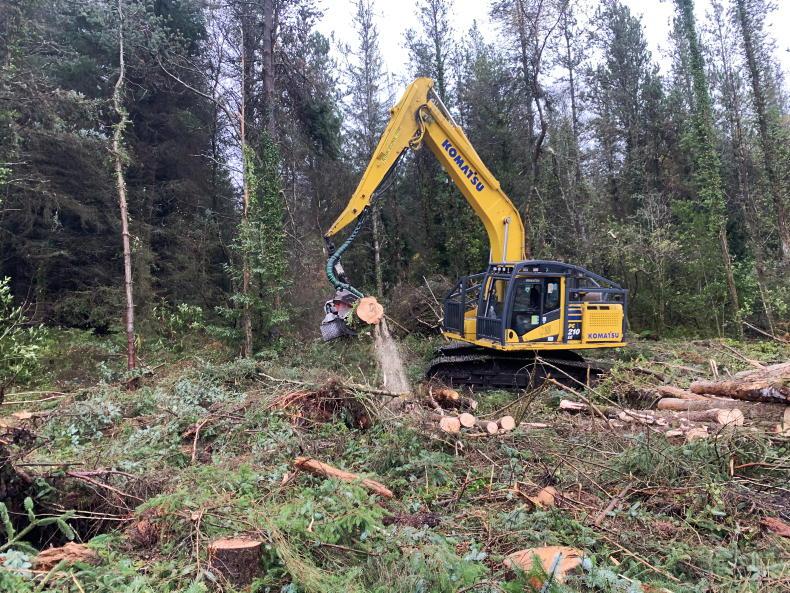
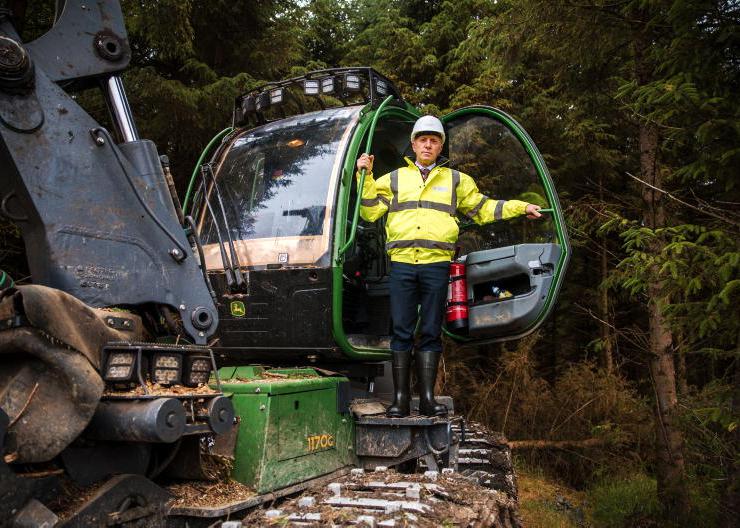

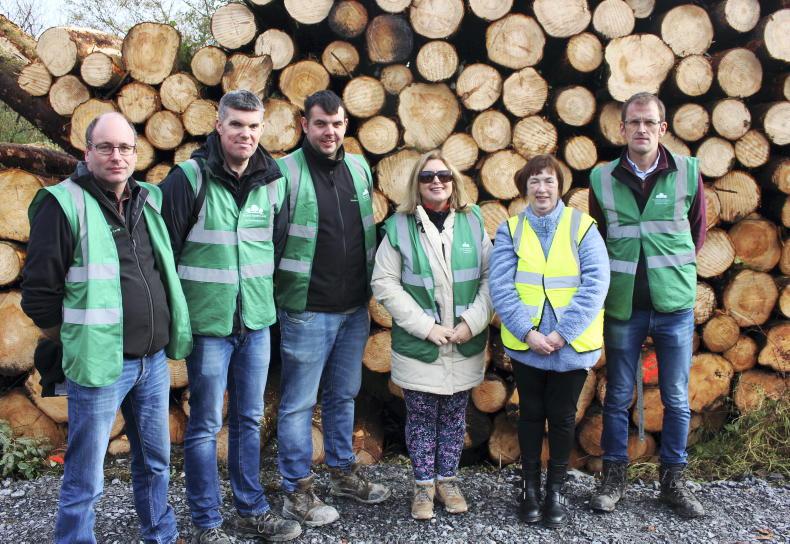
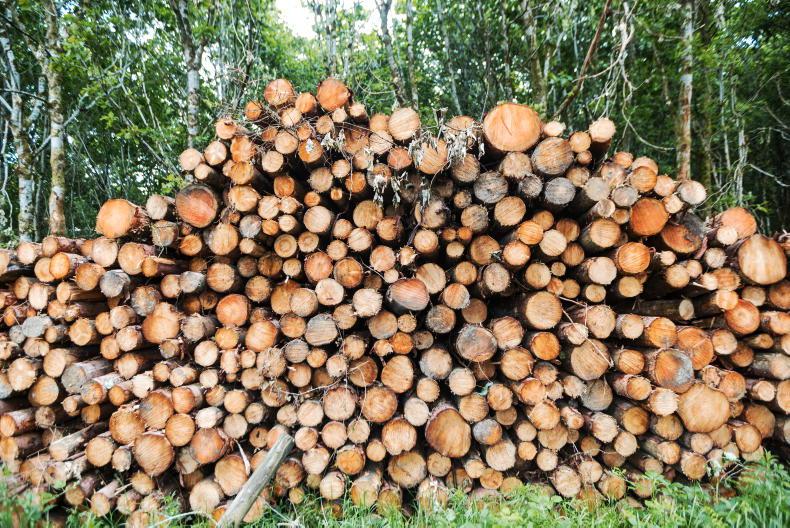
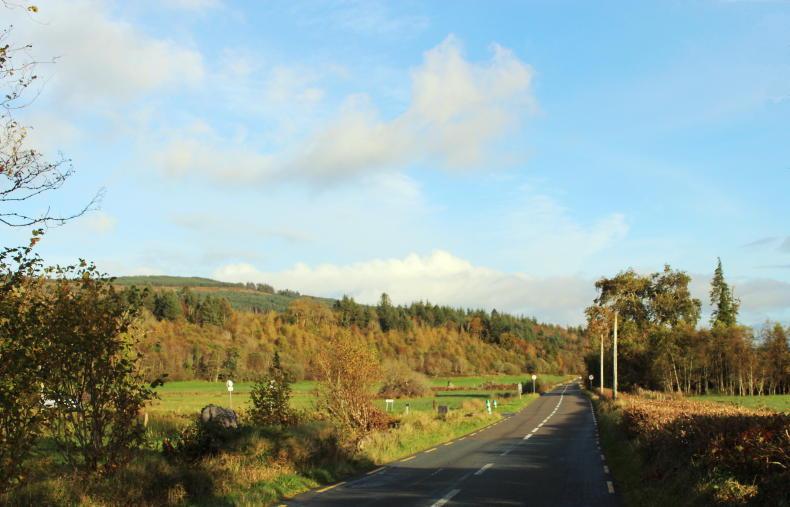
SHARING OPTIONS